 by Dick Hall-Sizemore
by Dick Hall-Sizemore
There has been a kerfuffle over another one of Governor Youngkin’s appointments. Late last week, the Governor named Susan Beals to be Commissioner of the Department of Elections.
In contrast to Chris Piper, whom she will replace and who had never worked on a campaign nor donated to a political candidate, Beals has a history of working on Republican campaigns. More to the point, she previously worked as a legislative assistant to controversial Senator Amanda Chase, R-Chesterfield, and donated to her campaigns.
Democrats exploded. Because Chase had introduced legislation (SB 605) calling for an audit of the 2020 presidential election, a spokesperson for the Democratic Party of Virginia charged that Youngkin had embraced “the fringe, far-right conspiracy theories of Donald Trump and The Big Lie.” Continue reading

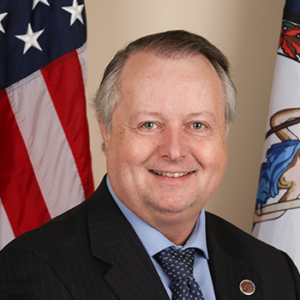

 by James C. Sherlock
by James C. Sherlock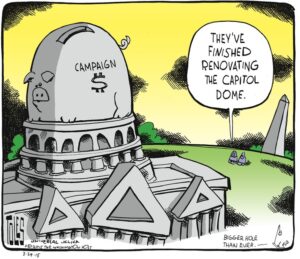
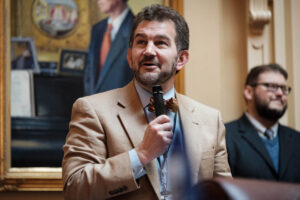
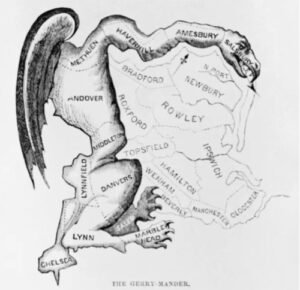
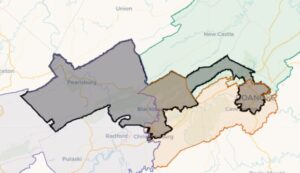
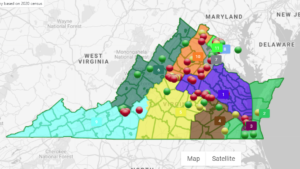
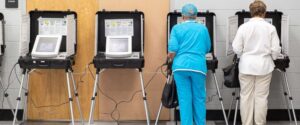

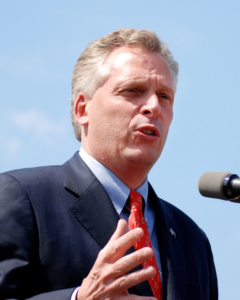 by James C. Sherlock
by James C. Sherlock
 by Dick Hall-Sizemore
by Dick Hall-Sizemore
